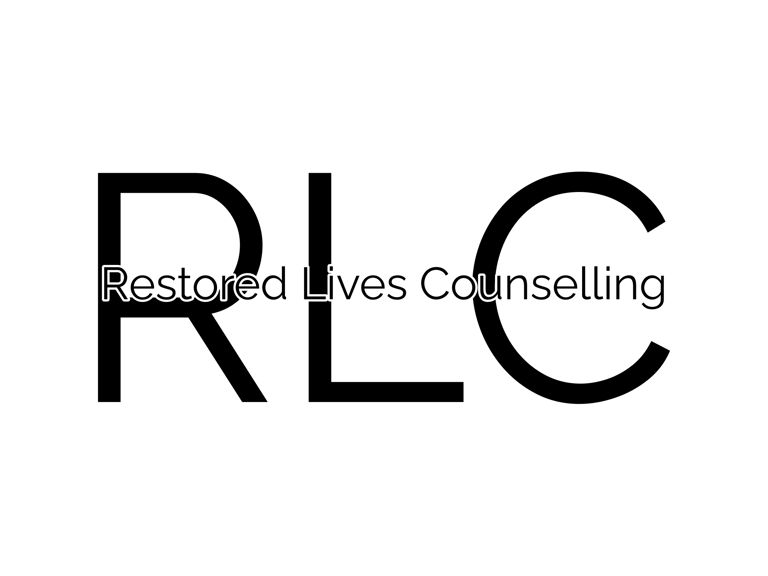Trusting the Who.
In this post, we take a look at Psalms 42:11. We see how David didn't understand why his soul was cast down, and he was despairing. Nonetheless, David was choosing to focus on the Who, God.
Matt McSwiggan
1/10/20247 min read


I wanted to start with a simple concept and simple verse that has made a difference in my life. I’m so thankful for the truths of God’s Word. One thing that I love about the Scriptures is that we have insights into the struggles of lives of people, thousands of years ago. The Bible contains stories of victories, moments of joy, and moments of strength, but it also contains stories of struggles, moments of doubt, moments of weakness, and moments of despair.
I heard it said if you want to gain authority, show unwavering confidence. If you want to gain trust, show weakness. It’s a simple thought, but it is true. None of us could relate to someone who never exhibits the slightest sign of weakness. It is easy to relate to someone who has similar weaknesses to you.
Let me relay a personal story. When I began struggling with anxiety, I remember going and speaking to a good friend of mine and sharing with him my struggle. I remember feeling as if I was a big weirdo, and I was going to be looked down on because of my struggle. I felt as if maybe I didn’t have enough faith, or trust in God. After all, we are told to be careful (anxious) for nothing in Philippians 4. So, what was the deal with me? I truly believed that I was going to be alone and amongst the minority. My friend revealed to me that he also had dealt with anxiety. Not only him. In the next couple of weeks, as I talked about what I was dealing with, I found more and more that people around me were dealing with similar battles.
We tend to think we are alone, a weird one, or an outcast because of our faults, flaws and weaknesses. The reality is that people all around us are struggling, in the same way that we are. So, I say all that to say, I appreciate the reality of the pages of the Bible—men and women who saw great victories, but also many who experienced great battles. The story of Moses leading the children of Israel bravely across the desert is incredible, but we also see different sides of Moses. We see Moses striking a rock out of anger. We see Moses doubting himself and his abilities when God speaks to him through the burning bush. We see Moses murdering an Egyptian. A man who delivered God’s chosen people, struggling. Over and over, we find stories like this.
The verse that I want to look at today is Psalms 42:11. It is a very raw and open verse. The verse says, “Why art thou cast down, O my soul? and why art thou disquieted within me?
hope thou in God: for I shall yet praise him, who is the health of my countenance, and my God.” This verse is repeated three times, Psalms 42:5,11 and Psalms 43:5. David is writing this at a time when he is very depressed. He is feeling the weight of his despair. He describes his soul as being cast down and disquieted within him. Maybe you can relate to this. Perhaps, as you come to this post, you are in the valley of your life, and it feels like every direction you turn around is an uphill climb, and you have no strength. Maybe life has lost its purpose. Maybe you’re considering giving up. Maybe you feel that no one would care if you did. Maybe you are sleeping for hours and hours a day because sleep is the only time that you experience any quiet from your relentless mind and the intrusive thoughts that are being thrown in your face. Maybe you feel you are all alone. I want you to know that you are not alone. People before you have felt this way, and there are people around you who are battling the same feelings you are. If you are feeling this way, I encourage you to talk to someone about it. Reach out to someone in your life, someone you love, someone who cares about you, and tell them what you are going through. Reach out to me. Reach out to your Pastor.
What I want to observe from David here, is that he understands his soul is cast down. He understands that his soul is restless within him. However, he poses in this verse a rhetorical question. In all three instances, he asks the question, “Why art thou cast down, oh my soul? And why art thou disquieted within me? Hope thou in God:” People have looked at this passage, and viewed it as David rebuking his downcast soul, and making radical, immediate changes to hoping in God. When I look at this verse, I tend to look at it in a different light. I think David may not have been saying to his soul, “Hey, why are you like this? Hope thou in God!” Instead, I think it’s possible that David didn’t understand why he was feeling the way he was feeling. I think he may have genuinely been asking, “Why?” It’s important to understand that we will not always understand why we are experiencing the feelings we are battling. While there are physical illnesses that can carry side effects of anxiety or depression, this is not always the cause. There may be times when you experience battles with anxiety and depression, and you don’t understand why. Not understanding why tends to send our minds into a spiral, as we wonder if there is a way to heal, get better, or overcome our mental illness.
The truth is your anxiety or depression may be something you have to live with for the rest of your life. I’m sure that isn’t encouraging to hear. However, the truth is that those with battle with anxiety and depression often face differing levels of it in their lifetime, but it is a constant underlying struggle in their mind—every person on earth battles with anxiety at one level or another. We could view anxiety as a spectrum, on one end we see extremely minor anxiety, which doesn’t affect one in their day-to-day life, but occasionally causes thoughts of fear. On the other end is extreme anxiety, this type of anxiety makes the daily function of life impossible. Those who battle this type of anxiety are not likely to leave their room, and the feelings of anxiety never cease. For some, they have very minor anxiety, and they will live their whole lives on this end of the spectrum. Some may move around the spectrum at differing points in their life, triggered by different events, situations and life circumstances that affect stress and anxiety levels.
When we are experiencing differing levels of anxiety, and we wonder “why”, I believe we need to be thoughtful in addressing this reason. For years, it was believed in some Christian circles that all anxiety was a sin. Anxiety is caused because of a lack of trust in God and therefore should be repented of. I am not of this persuasion.
As David wondered as to the “why” of his state of despair, he gave a firm statement to his soul. “Hope thou in God…” Perhaps, when we are faced with anxiety, rather than seeing it as a problem that we need to eradicate, or seeing it as sin, we can look at it and see an opportunity. Now I have your attention. Anxiety is an opportunity. What is the opportunity? The opportunity is the same one David saw when we admonished his soul to hope in God.
Anxiety presents us with an opportunity to know God more personally. In understanding and working through anxiety, one of the most popular methods is known as CBT, Cognitive Behavioural Therapy. One of the main focuses of CBT is looking at how our thoughts ultimately affect our behaviours and our emotions. Thus, one of the first steps in CBT is learning to stop negative and destructive thinking and replace it with better, more positive thinking. In Bible terms, we could look at this and think of the concept of renewing our minds. It is the process of looking into our minds and seeing what thoughts are occupying our minds and trying to replace those thoughts. In this way, we can take our thoughts of anxiousness, fear and doubt, and replace them with thoughts of truth (God’s truth). The truth is that God loves and cares for you immensely. The truth is that God has a plan for you that is far better than our finite mind could ever dream up. The truth is that God desires to have a relationship with you. The truth is that you are loved. The truth is that you are accepted. The truth is that we have hope for the future that is found in God.
David didn’t understand his struggle, he couldn’t understand the why, especially in the light of the hope found in God. However, we don’t need to understand the why of every situation in our life. Instead of trying to understand the why, understand the Who. Understand God is in control and try to see your anxiety or depression as an opportunity to draw closer to God. An opportunity to learn to place unwavering faith and trust in Him. An opportunity to draw closer to Him and allow Him to be the joy and the health of our countenance. Then, as you go through your life and face these battles, at the end of each you may be able to look and think, “Well, I didn’t enjoy that, but I can see now that I am closer to God than I was before.”
Act today to observe your thoughts and your feelings. Change your mindset from seeing anxiety or depression as something that needs to be cured, to seeing it as a growth opportunity and an opportunity to be aware of what is transpiring in your mind and replacing it with that which is known to be true. If you feel your situation is hopeless, I hope that at some point today you can find a moment of strength where you can fix your hope on God.
